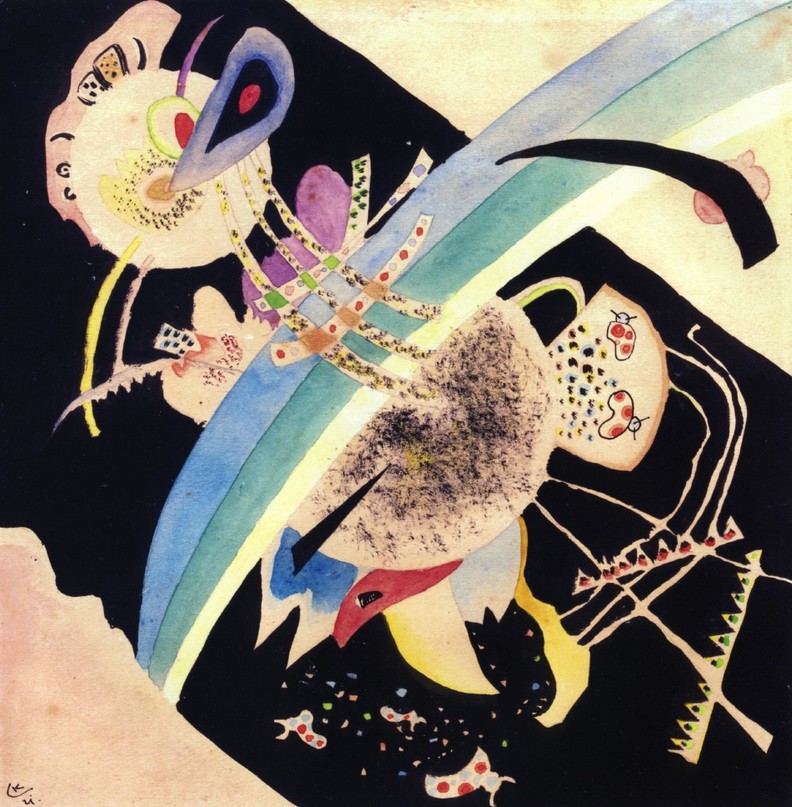
The Surreal is in a sense the culmination of fantasy. Where fiction can express what history cannot, by imaginary events, fantasy can express what fiction cannot, by imaginary creatures, imaginary abilities, imaginary worlds.
In the same way, the Surreal can express what simpler fantasy cannot, by an experience entirely on imaginary grounds: every part of the Surreal may come from the invention of imagination.
If fantasy is like miracles, the Surreal is like the miracle of the creation of the universe.
To clarify the above, the Surreal is not particularly focussed on ancient things, and I believe is often less focussed on nature than fantasy is: it’s relation to the creation of the universe is in how this miracle encompassed all things, rather than only a very specific thing, such as floating an axe-head.
The Surreal may not be able to reimagine everything, but it creates more than fantasy does. Here are some examples of history, fiction, fantasy, and the Surreal:
History: “George Washington crossed the Delaware.”
Fiction: “John Bennington {imaginary person} stepped out of #4 Avery St {imaginary place} and found a blood-stained note on his doorstep. {imaginary event}”
Fantasy: “The twyblood, {imaginary being} Sarsallin, {imaginary name/language} lit his candle with his finger, {imaginary ability} and grasped his belt, {imaginary custom} vowing to save the Sphere {imaginary world} from destruction.”
Surreal: “You strap the notch over the throat in rapid grave, revered above our craning flit; masterling of harder dial, the traversing thought outward strayed to you.”
With the Surreal it is easier to say what is not imaginary: circularity, English grammar, and English words (with a new one coined: “masterling”); and these things are used for communicating the Surreal experience to the reader. If a new language was created at every word, the reader could not take part in the Surreal.
The next question often would be: is the Surreal chaos and unguided randomness?
Chaos may be Surreal, but the Surreal is not chaos.
To return to the metaphor of the creation, when God created all things, none of it followed any laws of nature, was not according to a the course of the world, as the world and its nature had not existed before: is therefore everything God created chaos and randomness? Of course not: just the opposite.
Chaos departs from patterns, and creates new patterns (within basic laws like physics, so that we can experience the chaos), but usually the newness of pattern is very minor and simple: such as the various splashes of a fountain, or the varying direction of twigs in a bush. These are simply rolling dice: random, but only the same six sides, creating little that is new; thus these simple chaoses are not very Surreal (though lovely).
Random words would be more Surreal, because they are more varying and more complete. Fantasy is more Surreal. The more complete the new thing is, the more Surreal it is.
Abstract art is often not Surreal: the simple colours, shapes, and textures often vary in the low-effort way of a fountain: there is nothing wrong with this, of course: it’s more lovely rolling dice. Kandinsky is usually more distinct in his variety, thus is more Surreal: his painting “Circles on Black” is the post image.